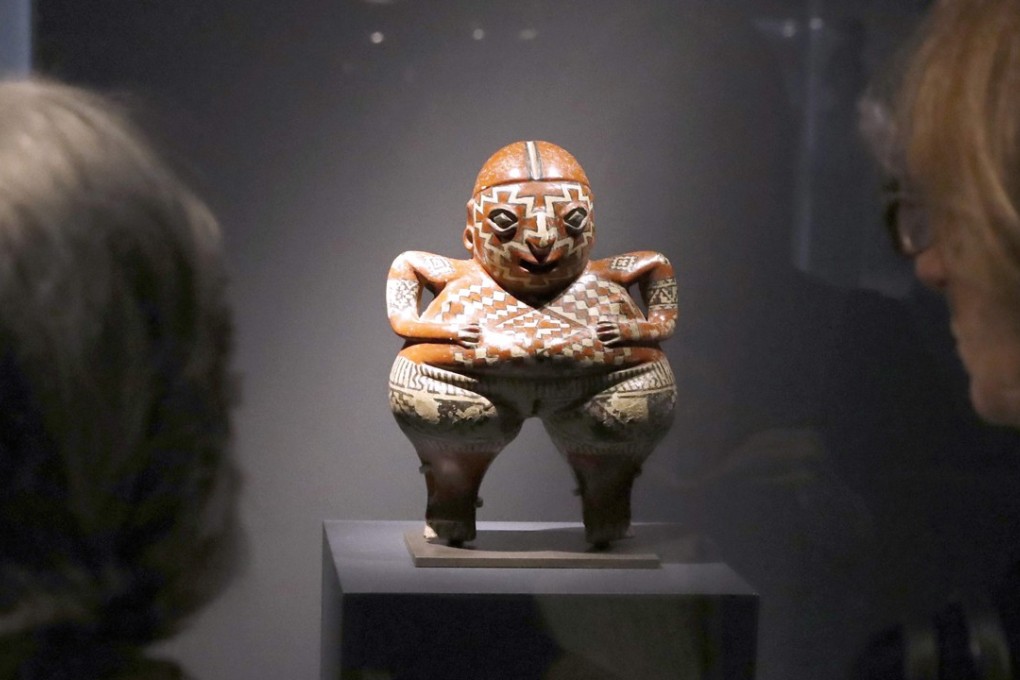French president advised to return art treasures looted from Africa during colonial past
- Experts have advised France to return thousands of African artworks held in its museums
- Move could prompt private French collectors to move their works out of France for fear of seizure

African museum directors have welcomed an expert report calling on France to allow the return of thousands of African treasures and artworks, a radical policy shift that could put pressure on other former colonial powers.
Calls have been growing in Africa for restitution, but French law strictly forbids the government from ceding state property, even in well-documented cases of pillaging.
French President Emmanuel Macron raised hopes in a speech last year in Burkina Faso, saying “Africa’s heritage cannot just be in European private collections and museums”.
He later asked French art historian Benedicte Savoy and Senegalese writer Felwine Sarr to study the matter, and they are to present Macron with their report on Friday.
The report recommend amending French law to allow the restitution of cultural works if bilateral accords are struck between France and African states.
The change would apply in particular to works held in museums which were “transferred from their original territory during the French colonial period,” the report said.
“We propose changing heritage laws so that all types of cases can be taken into account, and the criteria of consent can be invoked,” Sarr told French daily Liberation in an article posted late Tuesday.